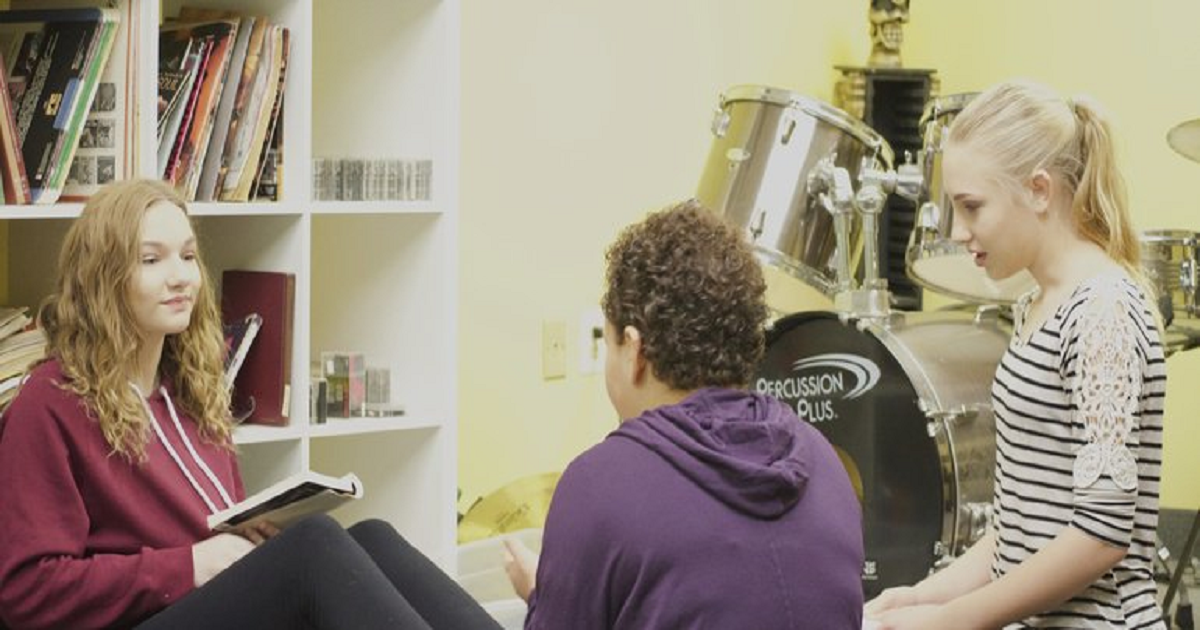Legal reasoning skills can help students see issues from multiple sides
educationdive | June 26, 2019

Writers Michael J. Broyde, a professor of law at Emory Law School, and Ira Bedzow, the director of the Biomedical Ethics and Humanities Program at New York Medical College, write in an Education Week piece that legal reasoning skills should be taught alongside comprehension and reading in K-12 schools. The two believe that integrating legal thinking into the classroom, particularly at a young age, helps children develop skills to work productively through concerns, rather than react when presented with arguments where they don’t agree. Legal reasoning may help boost students' ability to look at multiple sides of an argument, and how they approach their own schoolwork: understanding there isn’t always one solution, one answer or one point of view. Increasing civic engagement among students has been a growing focus for schools and districts. The New York City Department of Education, for example is allowing students to have a say in how they would spend $2,000 of their school's budget as a way to bring them into the educational process directly. While some teachers have found success by weaving direct civic engagement into their curriculum, even changing the law as a result, experts have found that in most classrooms across the U.S., civics education is waning.